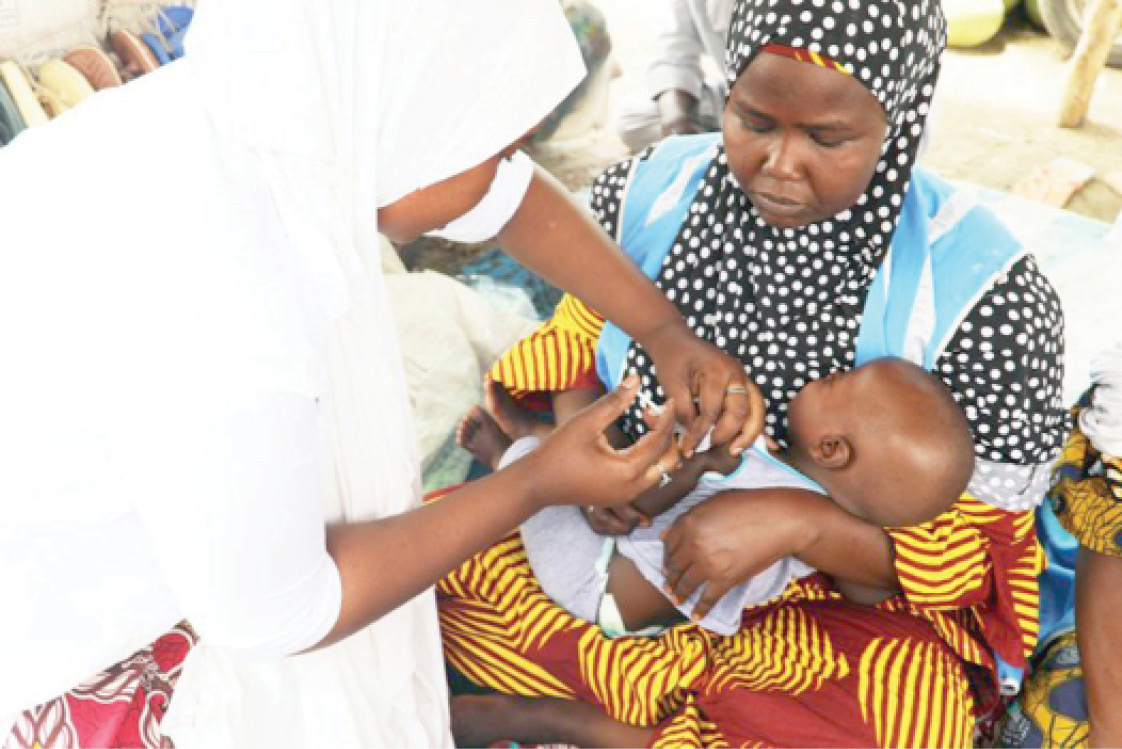Médecins Sans Frontières, otherwise called Doctors Without Borders (MSF), says it is working with the Borno State government to conduct a measles vaccination campaign to reach children aged six months to nine years.
The campaign comes in response to an uptick in cases of the virus in areas surrounding Maiduguri beginning in December last year.
- You can’t force Buhari out of office before 2023 — Supporters
- Paul Okoye hits 1m subscribers on YouTube
“This is the first time MSF has the opportunity to be involved in a measles vaccination campaign in Borno State. We welcome this catch-up campaign because measles is extremely contagious and especially dangerous for young children, particularly those suffering from malnutrition or other co-morbidities,” David Thérond, MSF Head of Mission, Nigeria said in a statement.
The Field Communication Officer, Borno State, Abdulkareem Yakubu, said the campaign, which started on April 26 and was planned for five days, aimed at reaching 103,823 children living in the districts of Gwange 1, 2 and 3, as well as 277,395 children in the informal IDPs camps in the districts of Bolori 1 and 2.
MSF teams are also supporting the government to vaccinate 34,290 children in Khaddamari, a town close to Zabarmari, from where a large number of measles cases have emerged.
MSF said access to healthcare, including vaccination, was difficult for communities living in areas around Maiduguri where the security situation is unstable and that many health centres have been forced to close for security reasons and humanitarian organisations pushed to leave.
He said MSF started receiving children with measles in December 2020 in Gwange paediatric hospital in Maiduguri. Since then, the number of cases has been increasing with 61 per cent coming from Zabarmari.
“A total of 1,698 measles cases have been treated in Gwange paediatric hospital from 1st January 2021 to 25th April 2021, out of which 1,167 were admitted into the inpatient department and 49 deaths were recorded. During the same period, the MSF team in Fori treated a further 103 children, already suffering from malnutrition, or measles.
“Routine vaccinations are critical; they save lives. When they are not possible for security reasons, a catch-up vaccination campaign like this one must be organised as soon as the first cases emerge.”

 Join Daily Trust WhatsApp Community For Quick Access To News and Happenings Around You.
Join Daily Trust WhatsApp Community For Quick Access To News and Happenings Around You.


